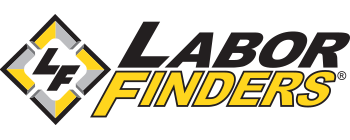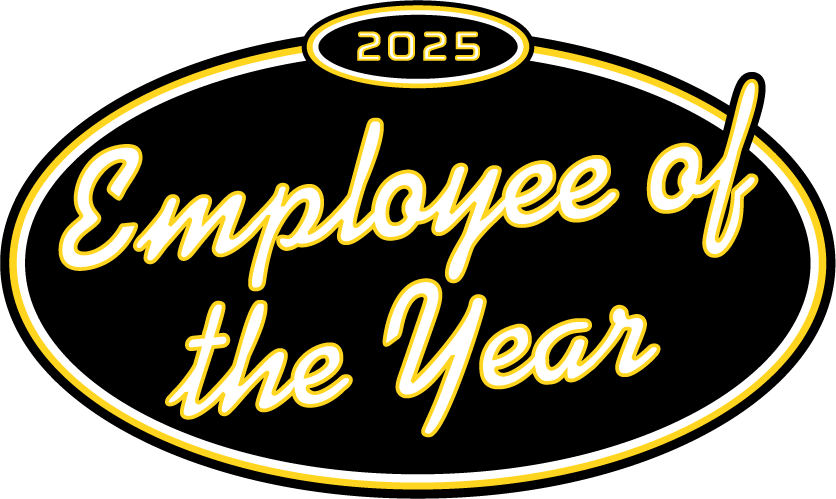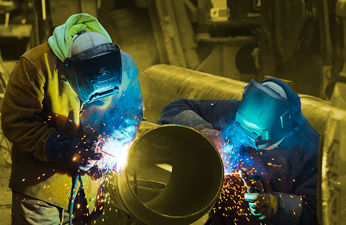-
Job Seekers
X
Job Seekers
Whether you're looking for a temp job or a permanent career, Labor Finders has you covered!
-
Explore
- How it works
- Industries
- Blog
- Locations
- Job Search
You May Also Be Interested In

2025 Employee of the Year
Learn more about our amazing Employee of the Year
-
-
Employers
X
Employers
Let us help you find the workers you need, when you need them.
You May Also Be Interested In
-
Industries
X
Employer Industries
Ready to staff your next project? Our staffing experts has the knowledge and the workers to cater to your unique staffing needs.
In this Section:
Job Seeker Industries
From construction to waste management, we have job openings in whatever industry you’re interested in.
In this Section:
-
About
X
About You
Getting matched to the right job, gaining the flexibility you want, making an impact in your community - at Labor Finders, it’s all about you!
-
You may also be interested in
- About Us
- Job Search Results
- Find an Office
- How it works
- Blog
About Us
With almost 200 offices nationwide, we’ve been putting people back to work for over 40 years. See why we’re a leader in the blue-collar staffing industry.
-
You may also be interested in
- About Us
- Media Center
- Video Library
- Leadership Team
- Careers
- In The Community
- History
-
- Location
Employment Readiness
The Ladies who Light Up America

It can be difficult for a woman to make it in the skilled trades. Fields like electrical work, construction, plumbing, and HVAC primarily employ men. There are a few reasons for this. In general, men are physically stronger than women. Many of these positions, especially those in the construction field, require workers to lift and carry heavy equipment and materials. Another reason many women aren't in this line of work is societal expectations. Many Americans view hands-on, blue-collar work as "men's work," conversely viewing less physically demanding positions such as cleaning and data entry as "women's work." As of 2009, approximately 9.4% of the employed electricians in the United States are women. This is up from the approximate 2% statistic reported in 2002.
What Electricians Do
Electricians are trained professionals who design, install, maintain, troubleshoot, and repair electrical wiring systems in private homes, commercial and industrial buildings, and even vehicles and trains. Electricians are licensed by the states where they work. In the United States, there is no national licensing body for electricians. There is, however, a national standard known as the National Electrical Code. This code recognizes three levels of electrician: apprentice trainee, journeyman, and master.
An apprentice trainee electrician is an entry-level electrician. To become an apprentice trainee, an individual must get licensed to work as an electrician in his or her state and work under the supervision of a journeyman or master electrician until he or she has the required number of hours to work independently in his or her state.
A journeyman electrician is qualified to work without supervision. He or she may provide troubleshooting or repair services or install wiring and fixtures. Journeymen can not attain working permits. These are reserved for master electricians, who generally supervise journeymen.
A master electrician has the qualifications to design circuitry systems, plan electrical designs, and obtain work permits. These electricians often work as independent contractors, employing lower-level electricians to carry out part of their work.
Tips for Women Interested in This Field
It can be intimidating to enter a field where your gender puts you in the minority. Despite women making strides toward gender parity in fields like law, medicine, and business, female participation in the skilled trades still lags. If you are a woman considering becoming an electrician, keep the following in mind:
- Know your Worth. You are a licensed, trained professional.
- Document all instances of sexual harassment you experience and do not be afraid to speak up about it. You have the right to a harassment-free workplace.
- Be professional at all times.
- Do not allow anybody to tell you that you can't do something.You are as intelligent, capable, and hard-working as any male electrician. Becoming an electrician takes hard work, but it's not impossible. If you are willing to learn what you need to become an electrician in your state, take the necessary exams and training to become licensed, and put in the work to learn what you need to perform the job, you can become a successful, well paid electrician.
To learn more about work, employment, and female participation in the skilled trades, check out Women In Blue Collar!













